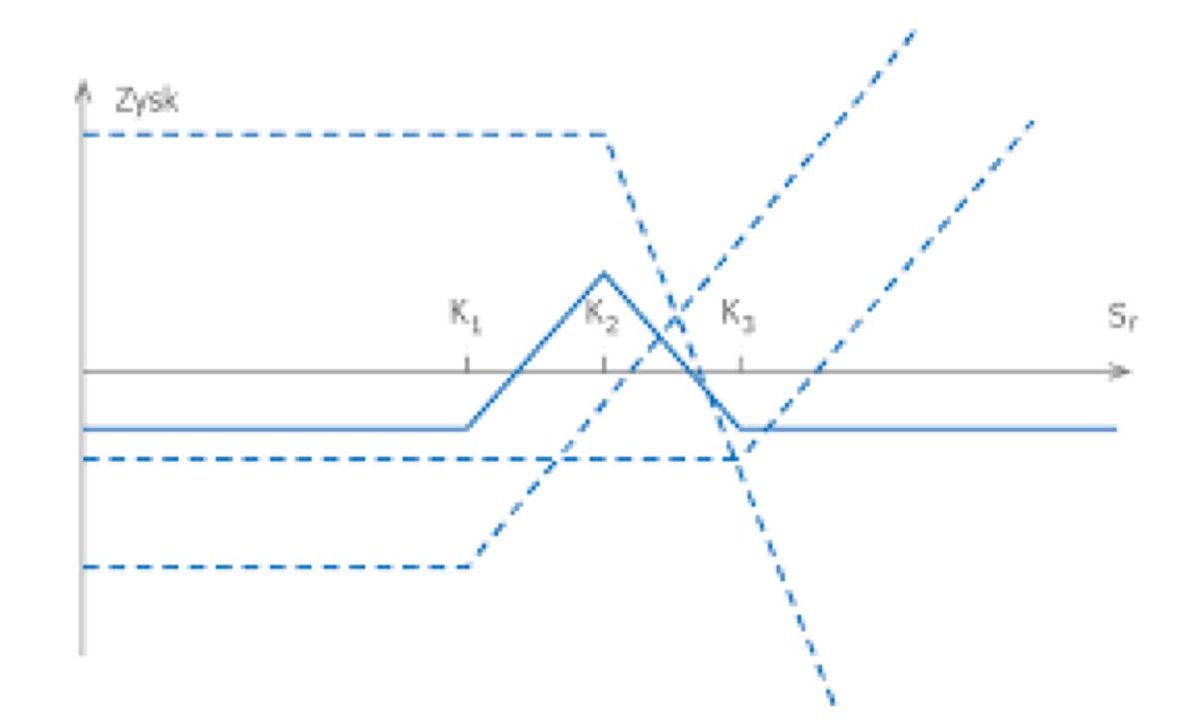So, in theory, if I paid $40 for it, I should make a profit of $10, right?
Not really, because, as each day matures, the value of the option will change. Tomorrow it could be worth $30, and then I have made a paper loss of $10.
1) just wait and pay out the USD in future, at the prevailing GBPUSD spot rate at that time – this leaves me fully exposed to fx rate movements – good and bad
2) Convert some GBP to USD now, , and place it on deposit with a bank, so it matures to the
3) hedge my risk via an option or forward – so I can hedge my risk in case the market turns against me,
Ok, so how do we execute a halal FX option?
we have to pay $100 in one month’s time. Our base currency is GBP. The spot rate now is 1.24, and the forward rate is 1.30 (an assumption).
Let us consider 3 scenarios for the prevailing spot rate in one month’s time – let's fast forward one month
If the rate is 1.25, I have to use £80, and if the rate is 1.35, I have to use £74.07.
So my risk here is that the FX rate can fall (dollar strengthens), then I have to pay more GBP
So, I ask the seller to make an undertaking to me that, if the prevailing spot rate falls below 1.30 (the forward rate), then he will sell $100 to me in exchange for £76.92 at a rate of 1.30 (the exercise rate).
1) FX rate is 1.30 – I execute at the market rate and have to pay £76.92 to buy $100
2) FX rate is 1.25, the option kicks in (I am “in the money”), and I ask the seller to fulfil his promise, so I now only pay £76.92
We have a chance of saving £3.08.
So, how much should we pay for the option? There is complex modelling to derive option pricing, but the economics is clear:
But that is a different topic!
1) The Waad is a Shariah compliant contractual form, it is a unilateral promise or undertaking
2) There is a real transaction that will occur in the future (if we are in the money) –
Compare this to the rain option where we were paid cash if it rained – there is no tangible sale transaction there.
The wording of the Islamic option would look like this:
I would be interested if anyone can explain to me how this FX option could be used for speculation?
And this is how we create a Shariah compliant FX option for hedging purposes.
What do you think? Any questions? Observations?


















